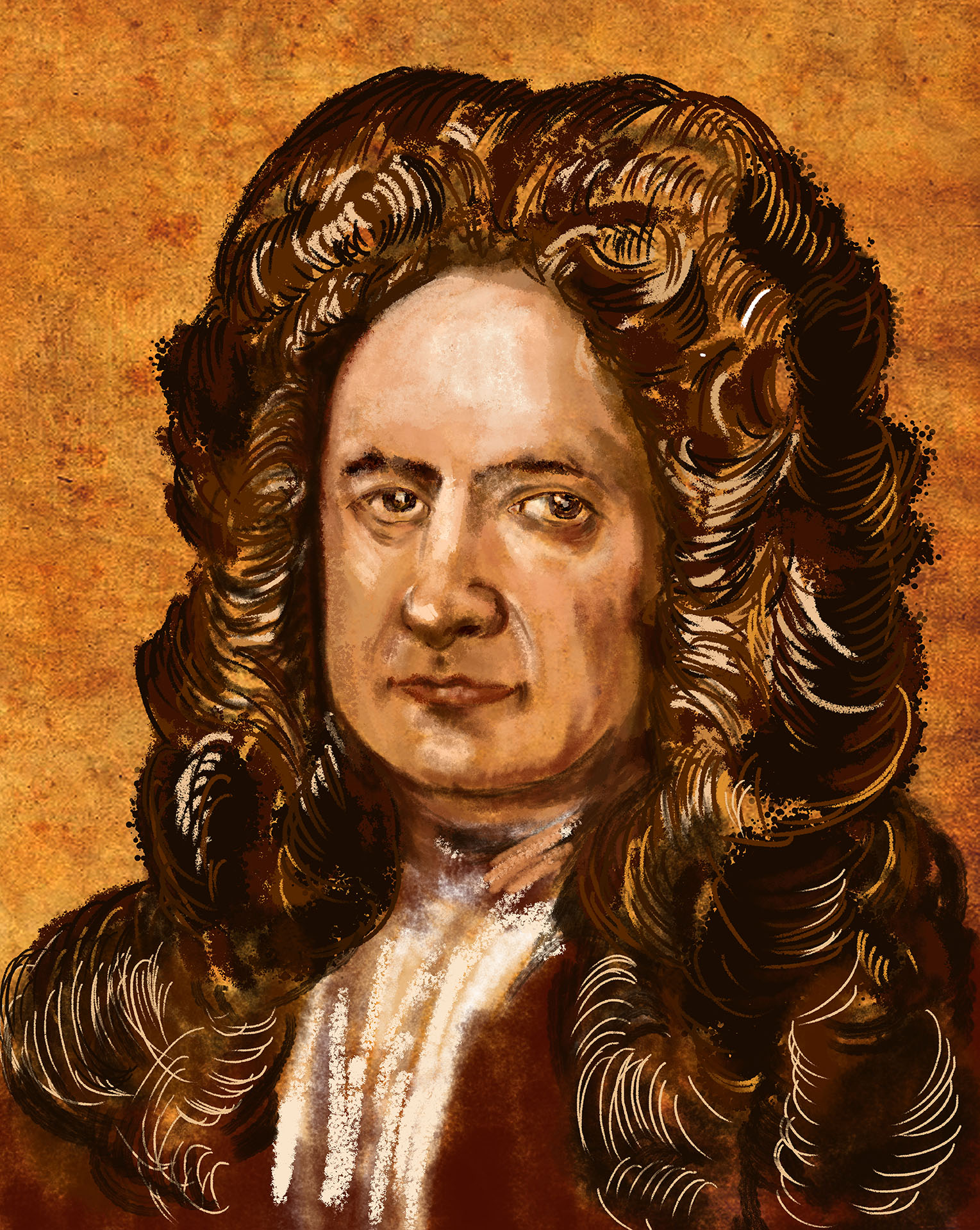
Robert Hooke
Definition
Robert Hooke was an English scientist who lived in the 17th century. He is known for his work on microscopy, optics, and mechanics. He is also credited with coining the term "cell."
Hooke was born in 1635 in Freshwater, England. He was the son of a clergyman, and he had a good education. He studied at Westminster School and then at Oxford University.
After graduating from Oxford, Hooke travelled to Italy. He met with scientists from all over Europe, and he learned about the latest scientific discoveries.
When Hooke returned to England, he became a member of the Royal Society. He began to experiment with microscopy, optics, and mechanics. He made many important discoveries, including the discovery of cells.
Hooke's work was groundbreaking. It helped to lay the foundation for modern science, and it had a major impact on our understanding of the physical world.
How can the word be used?
Robert Hooke made important contributions to the fields of physics and astronomy.

Different forms of the word
Noun:
an English polymath active as a scientist, natural philosopher and architect.
Etymology
The word "Robert Hooke" is a name, not a word. It is the name of an English polymath who made significant contributions to the fields of physics, astronomy, engineering, microscopy, and architecture.
The name "Robert" is a Germanic name that means "bright fame". The name "Hooke" is an English surname that means "dweller at the hook".
Question
What is Robert Hooke famous for?